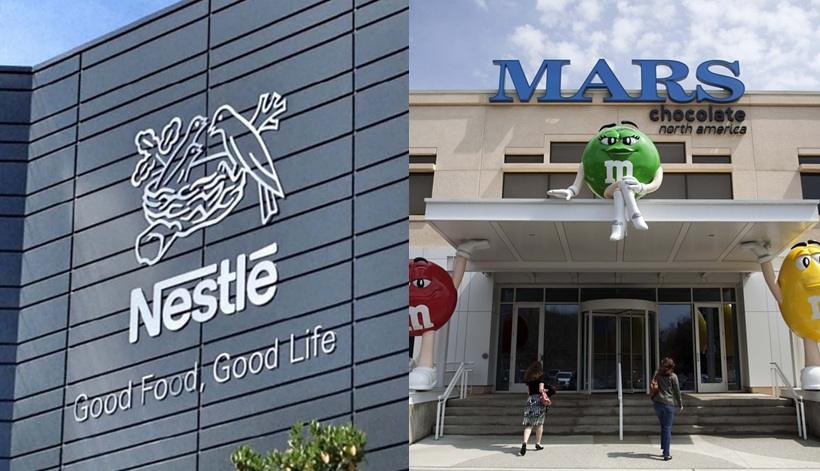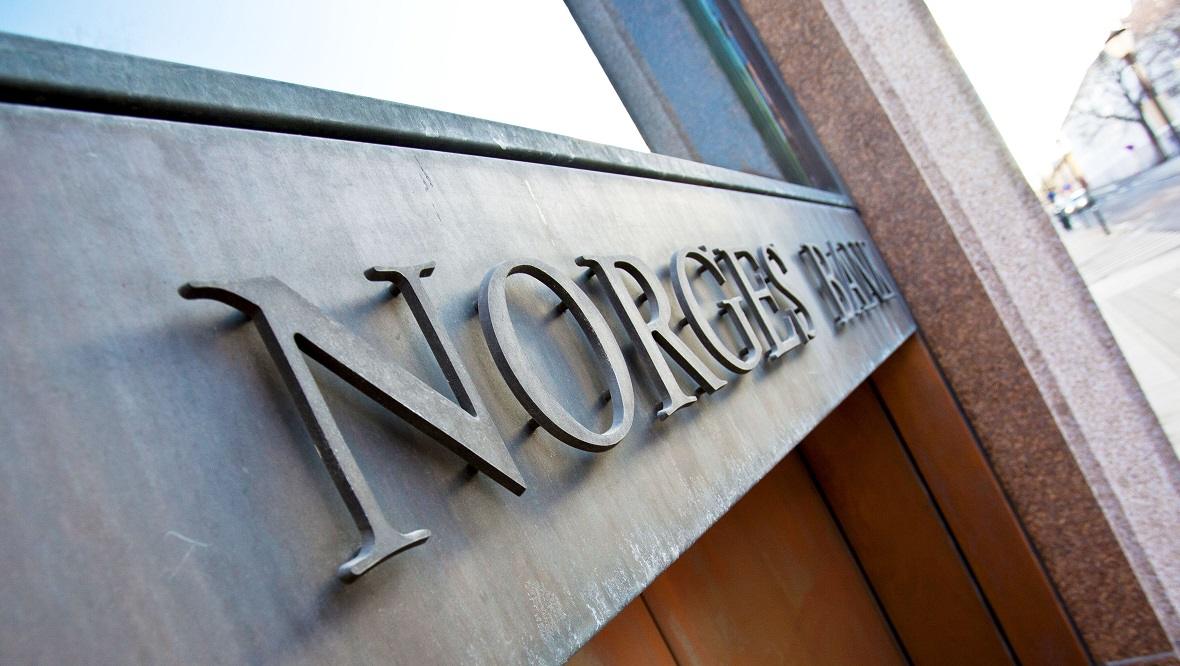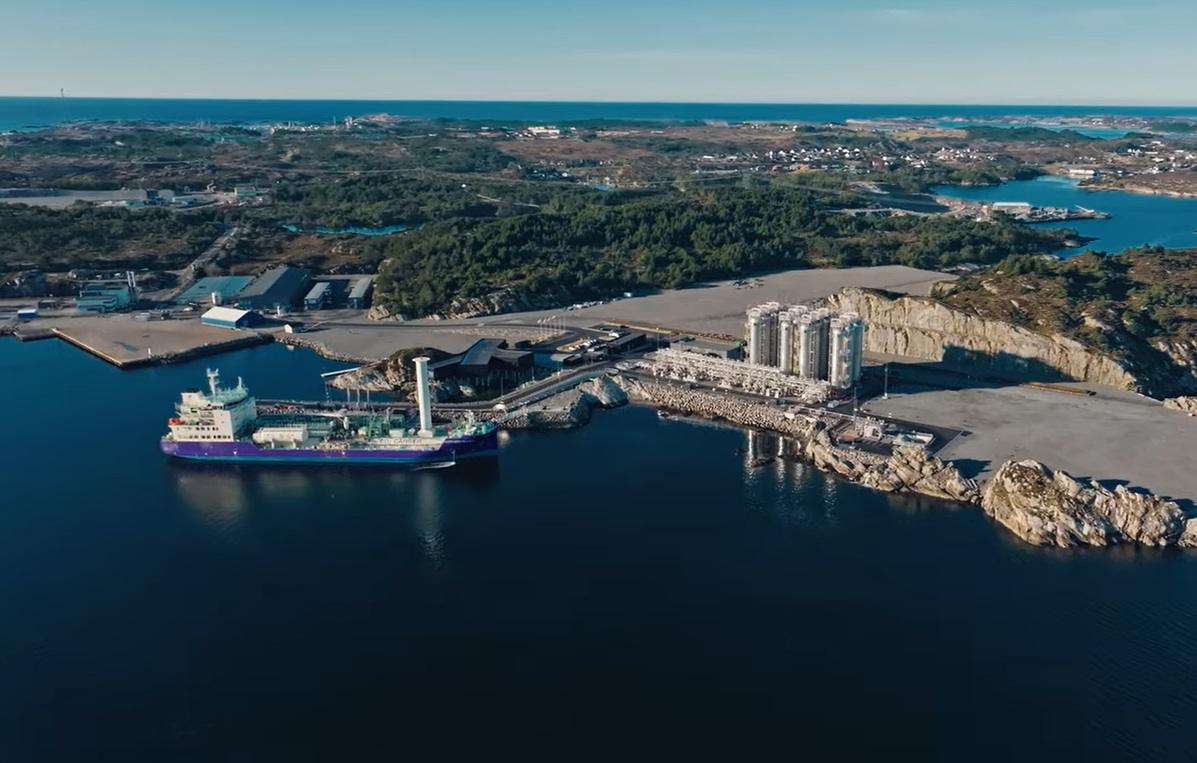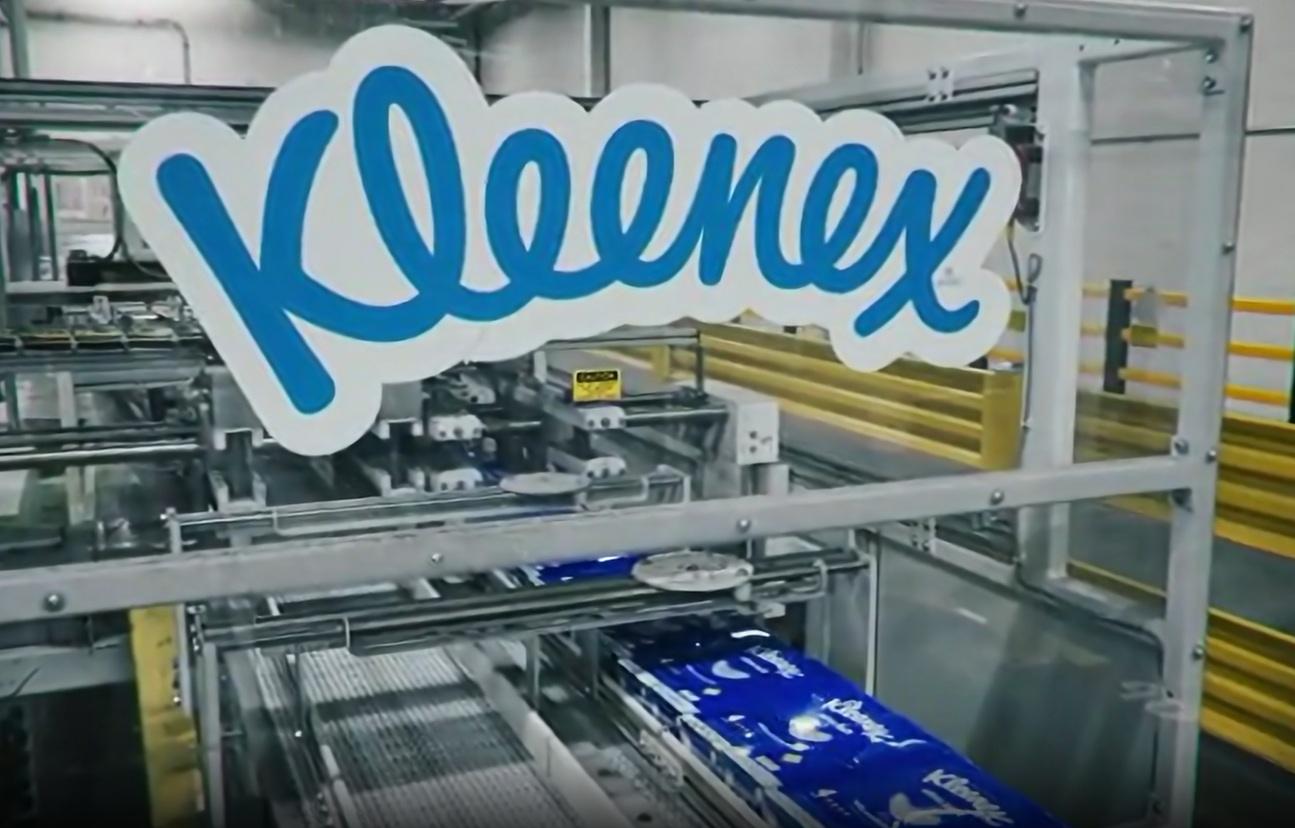Nestlé, Mars to Fund Incentives for Farmers to Cut Dairy Supply Chain Emissions
Food, beverage and snacking companies Nestlé and Mars announced new agreements with New Zealand-based dairy cooperative Fonterra, which will see the companies funding incentives to farmers to lower emissions, and reduce the climate footprint of their dairy supply chains.
Both Nestlé and Mars have set targets to achieve net zero emissions across their value chains by 2050. Dairy products constitute the largest single source of Scope 3 greenhouse gas emissions for Nestlé, and the second largest contributor to the carbon footprint of Mars’ Snacking business.
The new agreements for part of new funding initiatives announced by Fonterra aimed at strengthening its co-op and helping farmers reduce on-farm emissions.
Funding from the agreements with Nestlé and Mars will be split between providing on-farm tools and technology designed to further improve emissions efficiency, and emissions incentive payments to farmers who achieve the lowest emissions footprints in the Fonterra co-op.
Nestlé New Zealand CEO, Jennifer Chappell, said:
“As we strive towards achieving net zero emissions by 2050, we are committed to reducing our Scope 3 emissions. We will continue to support farmers, in partnership with Fonterra, fostering new economic opportunities and helping them lower their greenhouse gas emissions.”
Mars said that its new agreement with Fonterra will include investments of $27 million over 5 years, and is projected to cut its Scope 3 emissions from dairy by over 150,000 metric tons by 2030. The agreement forms part of Mars’ Moo’ving Dairy Forward initiative, launched last year to address the emissions footprint of the dairy supply chain.
Amanda Davies, Chief R&D, Procurement and Sustainability Officer at Mars Snacking, said:
“Through this initiative, we’re investing roughly $27 million in Fonterra farming families over the next five years to deliver critical financial support and significant emissions reductions. It’s a true win-win, because we know making dairy more sustainable takes real effort and real investment.”
Fonterra launched a Climate Roadmap in 2023, introducing a target to reduce on-farm emissions intensity by 30% by 2030 from a 2018 baseline. The co-op has also set an ambition to achieve net zero by 2050.
Fonterra CEO Miles Hurrell said:
“We’re growing relationships with customers who value the hard work farmers put into producing sustainable, high-quality milk, along with the Co-op’s quality of on-farm data and ongoing commitment to improvement. This helps us make progress towards achieving our on-farm emissions target and deliver the highest returns for our farmer shareholders’ milk.”






